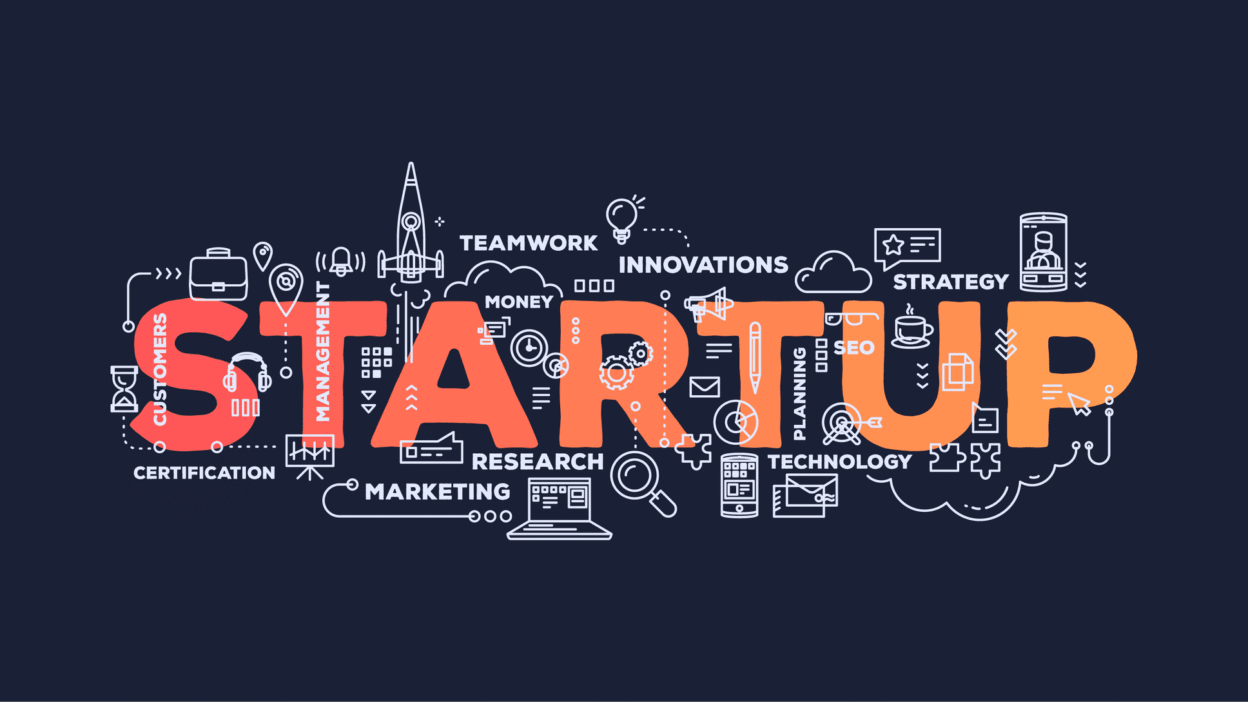In a world brimming with fleeting trends and failed ventures, the dream of building a startup that not only survives but thrives evolving from a mere idea to an enduring empire is both ambitious and inspiring. But what separates a short-lived project from a legendary company like Apple, Amazon, or Airbnb? It’s more than just funding or luck. It’s about vision, execution, resilience, and values.
In this article, we’ll explore what it takes to turn your startup idea into a lasting empire not just one that grows fast, but one that matters. Learn the essential steps to validate your concept, build a strong team, scale wisely, and create an enterprise that stands the test of time.
1. It All Starts with a Problem Worth Solving
Every empire starts with a spark an idea. But the best ideas don’t come from thin air; they come from solving real problems. The most successful startups are born out of frustration, curiosity, or firsthand experience with inefficiency.
Think about Uber. Its founders didn’t set out to create an app; they just wanted an easier way to get a ride. Or Airbnb a response to expensive hotels and empty guest rooms. They all started with a basic question “What if there was a better way?”
Lesson: Don’t chase trends. Solve problems. Start with something real, grounded in experience. A startup that solves a meaningful problem will always have an audience.
2. Validate Early. Build Lean. Iterate Fast.
Many startups fail because they fall in love with the idea and not the customer. The Lean Startup methodology emphasizes building a Minimum Viable Product (MVP) the simplest version of your product that allows you to gather the maximum amount of validated learning with the least effort.
Don’t spend years perfecting a product nobody wants. Test, validate, learn. If users aren’t using your MVP, they probably won’t use the full-featured version either.
Example: Dropbox started with a simple demo video before building its full infrastructure. That video validated user interest, and the rest is history.
Lesson: Talk to customers. Test hypotheses. Listen more than you talk. Build fast, fail fast, and learn even faster.
3. Culture Eats Strategy for Breakfast
As you begin to grow, hire, and scale, your company’s culture becomes the invisible engine powering (or sabotaging) your success. Culture isn’t ping pong tables or free snacks. It’s how your team communicates, solves problems, and treats each other.
A toxic culture can destroy a company faster than a bad product. On the other hand, a mission-driven, respectful, and high-performance culture can become your startup’s superpower.
Tip: Be intentional about your values from day one. Write them down. Live them. Hire and fire based on them.
Lesson: Culture is your compass when things get hard. And in startups, things always get hard.
4. Find the Right Co-Founders and Early Team
Your early team is your tribe. Choose them wisely. Starting a company is emotionally and physically exhausting. You’ll need people who complement your skills, challenge your thinking, and stay committed when things look bleak.
More startups fail from co-founder conflicts than from market misfit. Shared values, trust, and communication matter more than shiny résumés.
Key Questions:
- Can I be in a room with this person for 14 hours a day?
- Do we have shared vision and ethics?
- Can we disagree respectfully?
Lesson: Surround yourself with people who believe in the mission, not just the money.
5. Funding is Fuel, Not the Finish Line
Raising capital can be exciting. It feels like validation and in some ways, it is. But funding is not the goal; impact is. Money is a tool, not a trophy.
Too many startups raise huge rounds only to burn through them without real progress. Others bootstrap for years and build empires. There’s no one-size-fits-all path.
Ask Yourself:
- Why do we need funding now?
- How will this round get us to the next milestone?
- Are we choosing the right investors not just the richest ones?
Lesson: Choose smart money over fast money. Investors should be partners, not just pocketbooks.
6. Resilience The Secret Ingredient
Behind every overnight success is a decade of perseverance. You’ll face rejection, competition, burnout, self-doubt, and unexpected challenges from economic downturns to product failures.
The founders who succeed are the ones who stay in the game. They adapt. They pivot. They take hits and keep moving. They are resilient not because it’s easy but because the mission matters.
Case Study: Airbnb launched during a recession. They sold cereal to keep the company afloat. Today, they’re a multi-billion dollar company.
Lesson: Resilience isn’t a trait; it’s a choice made daily. Stay focused. Stay hungry. Stay humble.
7. Scale with Purpose
Growth is addictive. But scaling too early or in the wrong direction can kill a startup. Before you chase scale, make sure you’ve nailed the basics:
- Do customers love your product?
- Do they come back?
- Can your team handle more users?
Once you’re ready to scale, systems matter: marketing, operations, hiring, onboarding. Growth without infrastructure creates chaos.
Tip: Scale what works. Ignore vanity metrics. Focus on retention, not just acquisition.
Lesson: Don’t just grow. Grow smart. Growth for growth’s sake is a trap.
8. Build a Brand, Not Just a Business
Startups often underestimate the power of brand. A brand is not just a logo it’s the emotional connection people have with your company. It’s how you make them feel.
Why do people line up for an iPhone? Why do we trust certain companies instinctively? That’s brand.
From your tone of voice to your customer service, everything communicates your values. Build something people believe in.
Lesson: In a crowded market, brand is your differentiator. Be memorable. Be human. Be consistent.
9. Give Back and Think Long-Term
The greatest companies don’t just make money they make impact. They create jobs, solve problems, and make people’s lives better. They give back to the communities they’re part of.
As your startup grows, think beyond profits:
- How are you treating employees?
- What are your environmental and social impacts?
- What legacy are you building?
Empires that last are guided by more than quarterly goals. They’re driven by purpose.
Lesson: Build a company your future self will be proud of.
10. Remember It’s a Journey, Not a Race
Entrepreneurship is a marathon. Some days you’ll sprint, other days you’ll stumble. That’s normal. What matters is that you keep moving learning, adapting, evolving.
You don’t need to become a unicorn overnight. You just need to keep building, one decision at a time.
Celebrate small wins. Take care of your health. Stay connected to your why. The world needs more creators, builders, and doers. The world needs you.
Final Thoughts
From idea to empire isn’t just a catchy phrase it’s a powerful journey of transformation. It’s about turning passion into progress, dreams into decisions, and problems into possibilities.
Building a startup that lasts isn’t easy. But it’s worth it.
So whether you’re sketching your idea on a napkin or scaling your team globally remember this: Every empire started as someone’s idea. And yours could be next.
Keep building. The world is waiting.



